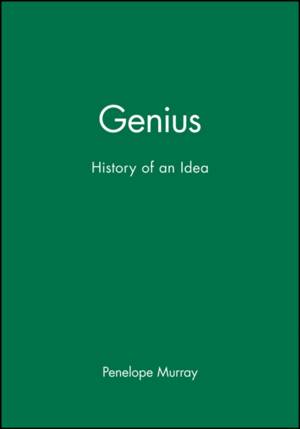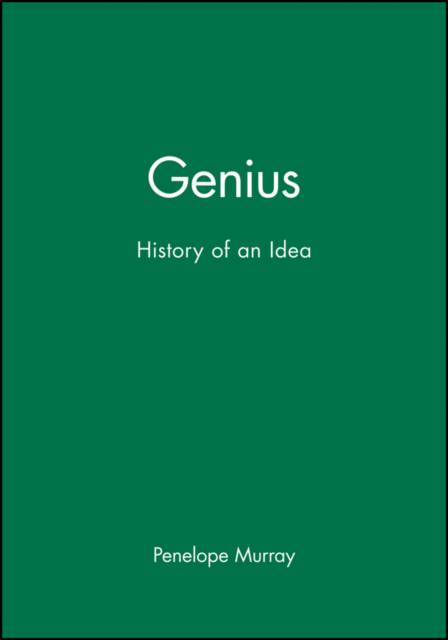
- Afhalen na 1 uur in een winkel met voorraad
- Gratis thuislevering in België vanaf € 30
- Ruim aanbod met 7 miljoen producten
- Afhalen na 1 uur in een winkel met voorraad
- Gratis thuislevering in België vanaf € 30
- Ruim aanbod met 7 miljoen producten
Zoeken
Omschrijving
This book explores the history of the idea of genius from its origins in classical antiquity to its deconstruction in postmodernist criticism. Focusing mainly on the creative arts, the book examines certain key points in the development of the idea, and also addresses the problem of what constitutes genius in specific subject areas. Experts in different fields have contributed chapters on literature, art, music, mathematics, philosophy and psychiatry to produce a volume which illuminates an abiding obsession throughout the history of European culture.
The contributors to this volume show how the ancient image of the inspired poet and the Renaissance conception of the divino artista both anticipate later notions of genius, developed into the 18th century around the central figures of Homer, Shakespeare and Goethe. Romantic definitions of genius are analysed, as are the implications of Nietzsche's pronouncements on 'human greatness'. The historic conjunction of genius and madness is explored from the early belief in divine possession through the Renaissance notion of melancholy to the age of psychoanalysis.
The contributors to this volume show how the ancient image of the inspired poet and the Renaissance conception of the divino artista both anticipate later notions of genius, developed into the 18th century around the central figures of Homer, Shakespeare and Goethe. Romantic definitions of genius are analysed, as are the implications of Nietzsche's pronouncements on 'human greatness'. The historic conjunction of genius and madness is explored from the early belief in divine possession through the Renaissance notion of melancholy to the age of psychoanalysis.
Specificaties
Betrokkenen
- Auteur(s):
- Uitgeverij:
Inhoud
- Aantal bladzijden:
- 248
- Taal:
- Engels
Eigenschappen
- Productcode (EAN):
- 9780631157854
- Verschijningsdatum:
- 8/01/1991
- Uitvoering:
- Hardcover
- Formaat:
- Genaaid
- Afmetingen:
- 162 mm x 236 mm
- Gewicht:
- 589 g

Alleen bij Standaard Boekhandel
+ 169 punten op je klantenkaart van Standaard Boekhandel
Beoordelingen
We publiceren alleen reviews die voldoen aan de voorwaarden voor reviews. Bekijk onze voorwaarden voor reviews.











